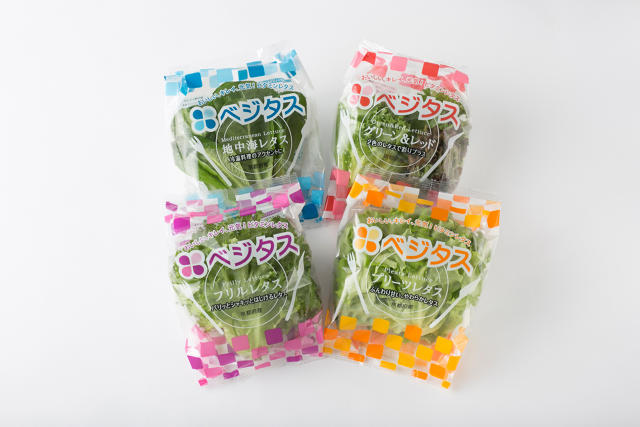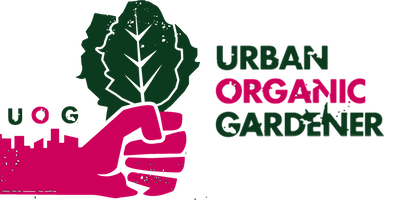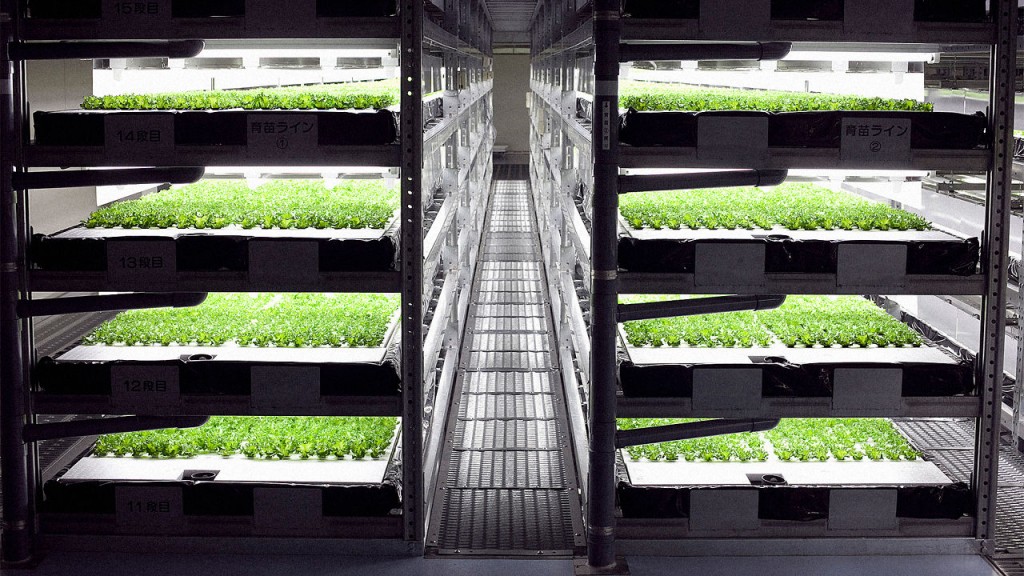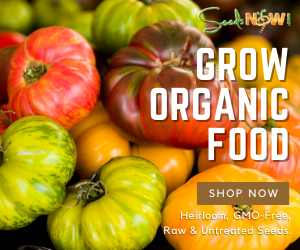Original post can be found at: http://www.fastcoexist.com/
This massive Japanese vegetable factory saves water and energy—along with human labor.When a sprawling new “vegetable factory” opens near Kyoto, Japan in 2017, it will be the first farm with no farmers. Robots will plant lettuce seeds, transplant them, raise the vegetables, and automatically carry the fully-grown lettuce heads to a packing line, where they can get ready to be sent to local grocery stores.
In a single day, the farm can harvest 30,000 heads of lettuce. On a traditional farm, a field of the same size can grow about 26,000 plants—but only harvest two or four crops a season.
Spread, the Japanese company planning the factory, opened its first indoor farm in 2006, and already supplies lettuce to 2,000 stores around Tokyo. But it saw the opportunity to make its process even more efficient. It sees the new farm as a model for the future of farming.
“There are several reasons vegetable factories will be needed in the future in order to create a sustainable society,” says Kiyoka Morita from Spread. Like other indoor farms, Spread’s new factory uses far less water than traditional agriculture; the factory’s new technology also allows them to recycle 98% of that water. Because the factory is sealed, there’s no need for pesticides or herbicides. The ultra-efficient lighting system can run on renewable energy. Japan imports about 60% of its food each year, but the factory can supply it locally.

As climate change increases extreme weather like drought and floods, the fully sealed environment can grow a much more reliable supply of produce. The factory automatically controls temperature, humidity, the level of carbon dioxide, and light to optimize growth.
Those things are true of other vertical farms, but the fact that the process is now fully automated also makes it cheap. Compared to Spread’s current factory, the new one will cut labor costs by 50%, so the company can sell lettuce at a lower price (now, it sells for the same cost as regular lettuce from the field).
The new system also protects the food from contamination from pesky humans. “Full automation also reduces the crops’ exposure to human contact during cultivation, further reducing the risk of contamination, and increasing the hygienic levels in the area,” Morita says.
It isn’t easy to automate every step of the process, and Spread is still tweaking some of the steps, like planting the seeds. And the equipment had to be designed to carefully handle the plants, something that was a little hard for robotic arms to do. “It’s challenging to make sure that the machines all run quickly and efficiently without damaging the delicate vegetables,” she says.
The new farm will begin construction in early 2016, and the company is hoping to start building similar vegetable factories around the world.
[All Photos: via Spread]





















